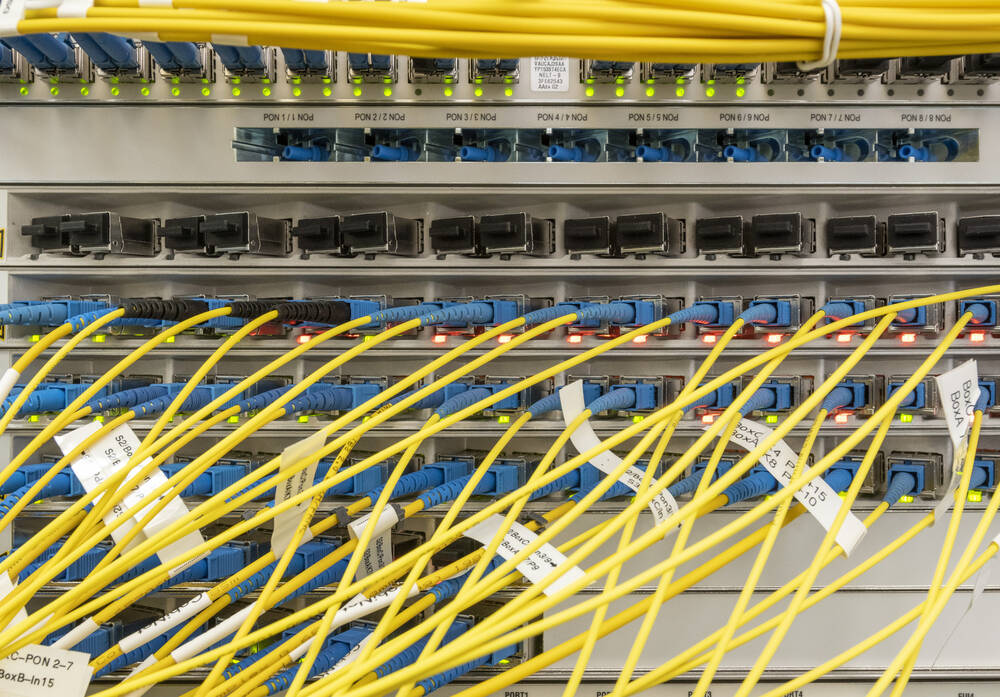Glass Fiber Optic Cables 88% More Efficient Than Copper
Fiber optic cables emit 88 percent fewer greenhouse gases per gigabit than networks base on copper wires, according to a report by an industry trade group.

The study, commissioned by FTTH Council Europe, urged phone companies around the world to update their networks with glass fiber optic cables, saying the network updates benefit both users and the environment.
“The telecommunications industry has increased its energy consumption by 30% between 2010 and 2015,” said Vincent Garnier, director general of the FTTH, said in a statement. “Notwithstanding the many benefits of fiber, the progress towards copper switch-off in Europe remains fragmented.”
Estonia installs most new fiber, Germany and Poland lag behind
The report said incumbent telecoms providers in Germany and Poland should increase their investment in fiber. Germany and Poland lagged because national telecoms providers are using vectoring and other edge-computing technologies to ring more data bandwidth from older copper networks.
Estonia has made the most progress of the ten European countries analyzed, with up to 80% of copper exchanges switched-off in 2020. Sweden, France, the UK, and the Netherlands also announced plans to switch off their copper networks.
Removing copper from phone networks reduces the need to mine copper. According to the University of West Virginia, the copper mining process can pollute water and damage vegetation and biological life.
In contrast, fiber optic cables are primarily made of glass. Glass is produced from silicon dioxide, a chemical compound that occurs naturally in sand, clay, rocks, and even water. It can be extracted without damaging the environment, the University of West Virginia report said.
Fiber cables last longer, generate less heat
Moreover, glass cables don’t rust or suffer water damage, so they needn’t be replaced as often. And, most importantly, they use energy more efficiently: Fiber uses up to twelve times less energy than copper by transmitting data using light. This light technology allows fiber to use under 1 watt to send data over 300 meters, compared to the 3.5 watts consumed by coaxial cables to carry data just 100 meters, according to a report by U.S. phone company OTELCO.
Since the computers that run fiber networks generate less heat, air conditioning costs at telephone exchanges are also lower compared to copper networks, OTELCO said.
Though fiber to the home is 70-80% more reliable than copper, some customers in Europe have clung to their copper-based phones because copper networks work when the power goes out, FTTH noted.
Still, the trend globally is to switch off copper networks. In the U.S., Verizon has asked the Federal Communications Commission (FCC) for permission to retire copper in parts of New York, New England and Pennsylvania, as it continues moving customers to fiber-based technology.
A report by Telefonica echoed the FTTH findings. The Spanish telecoms giant said its move to fiber from copper made its consumer network 85% more energy efficient compared to its older, copper-based network. (Posteo News)